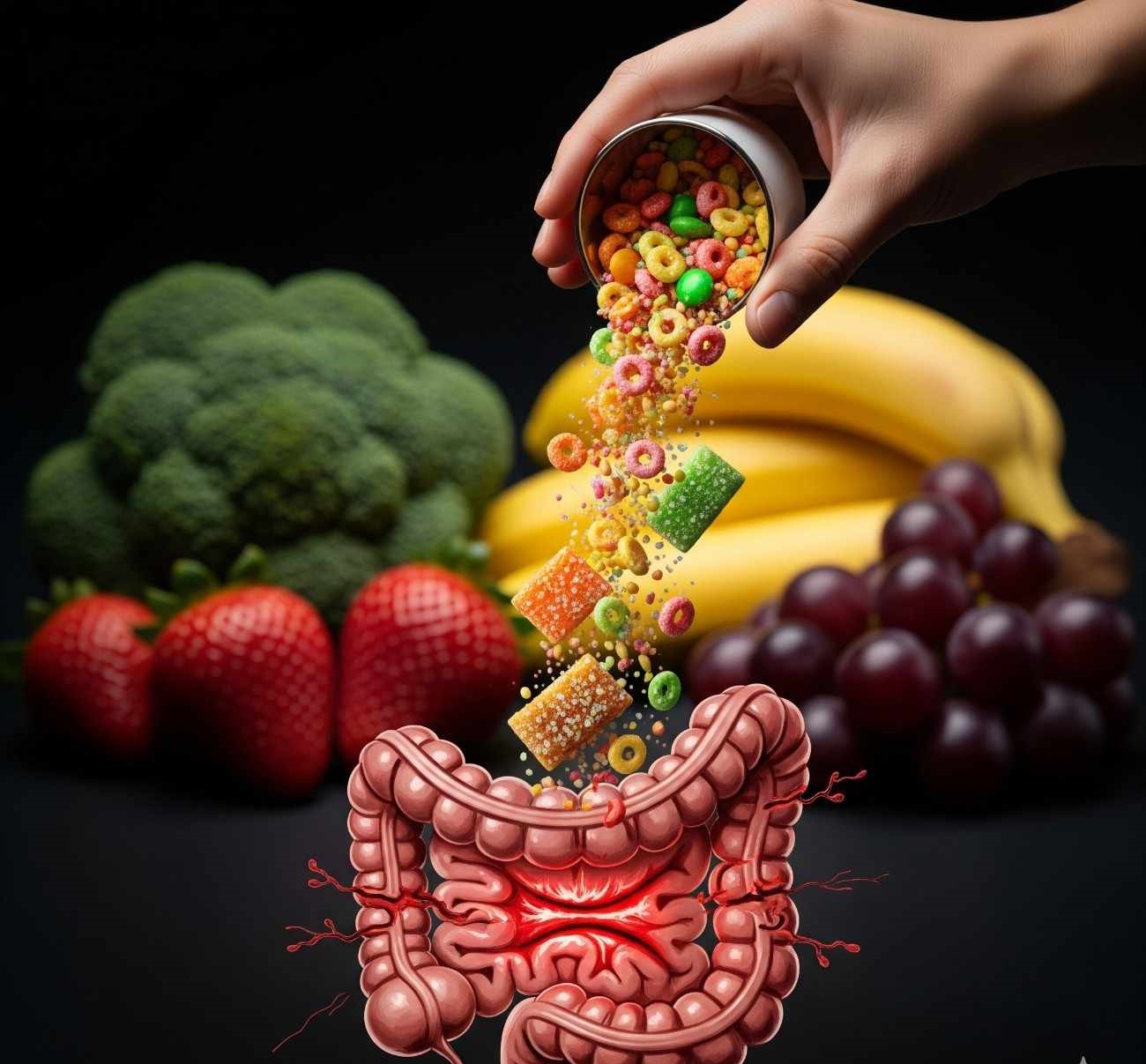Great Health Great Fitness
Concerns Grow Over Engineered Fiber-Enriched Foods: Experts Urge Caution

Date: September 1, 2025
The global food industry has seen a rapid surge in products marketed as “fiber-enriched” or “gut-friendly,” with many companies adding engineered or processed fibers such as inulin, polydextrose, and resistant starch to everyday snacks, cereals, and beverages. While these fortified foods promise improved digestion and health benefits, medical experts are now raising concerns that excessive consumption of such additives could harm the very systems they aim to protect.
The Hidden Risk Behind Engineered Fibers
Health specialists caution that synthetic or heavily processed fibers, particularly inulin, may disrupt the delicate balance of the gut microbiome when consumed in large amounts. The gut microbiome — a community of trillions of bacteria and microorganisms — plays a central role in digestion, immunity, and even mental health. Overloading the digestive system with manufactured fibers could cause bloating, gas, discomfort, and, in severe cases, long-term gut imbalances.
Recent studies also suggest that the liver may face additional strain when metabolizing certain engineered fibers. Researchers believe that while natural fibers from fruits, vegetables, and whole grains nourish beneficial gut bacteria in a balanced way, concentrated additives may overstimulate microbial activity, leading to unwanted side effects.
Natural Fiber Remains the Safest Choice
Doctors emphasize that the healthiest source of dietary fiber continues to be whole foods — fresh vegetables, fruits, nuts, legumes, and whole grains. These foods not only provide fiber but also deliver essential vitamins, minerals, antioxidants, and phytochemicals that cannot be replicated in processed fiber powders or additives.
Dr. A.K. Sharma, a leading gastroenterologist, explained, “Engineered fibers are not inherently harmful, but problems arise when people consume them in excess while ignoring whole food sources of nutrition. A balanced plate with fruits and vegetables is far superior to relying on fortified snacks for fiber intake.”
The Rising Popularity of “Gut-Health” Marketing
The global gut health industry is now valued at billions of dollars, with supermarkets and online platforms flooded with products labeled as “probiotic,” “prebiotic,” or “fiber-enriched.” While some of these products can indeed support digestive health, critics argue that aggressive marketing often overshadows the potential risks of overconsumption.
Nutritionists worry that consumers may fall into the trap of thinking that eating fiber-enriched cookies or drinking fiber-fortified sodas equates to eating a healthy diet — when, in reality, these products are often high in sugar, artificial sweeteners, and preservatives.
Recommendations for Consumers
Health experts are urging the public to stay cautious and follow simple guidelines to protect long-term well-being:
- Prioritize natural sources: Eat at least 4–5 servings of vegetables and 2–3 servings of fruits daily.
- Check labels carefully: Be mindful of added fibers in packaged foods and limit consumption.
- Avoid over-reliance on supplements: Fiber powders or additives should be used only when prescribed.
- Stay hydrated: Adequate water intake supports healthy fiber digestion.
- Listen to your body: If experiencing bloating, cramps, or discomfort after consuming fiber-enriched foods, consult a doctor.
The Bigger Picture
This debate highlights a larger question facing modern food science: How far should technology go in modifying natural nutrition? While innovation has brought convenience and options to busy lifestyles, experts stress the importance of balance. The consensus is clear — engineered fibers may have a role, but they cannot replace the complex benefits of whole, natural foods.
As global awareness of gut health continues to grow, so does the responsibility of both consumers and the food industry to ensure that health claims are backed by science and that natural nutrition remains at the forefront of healthy living.
